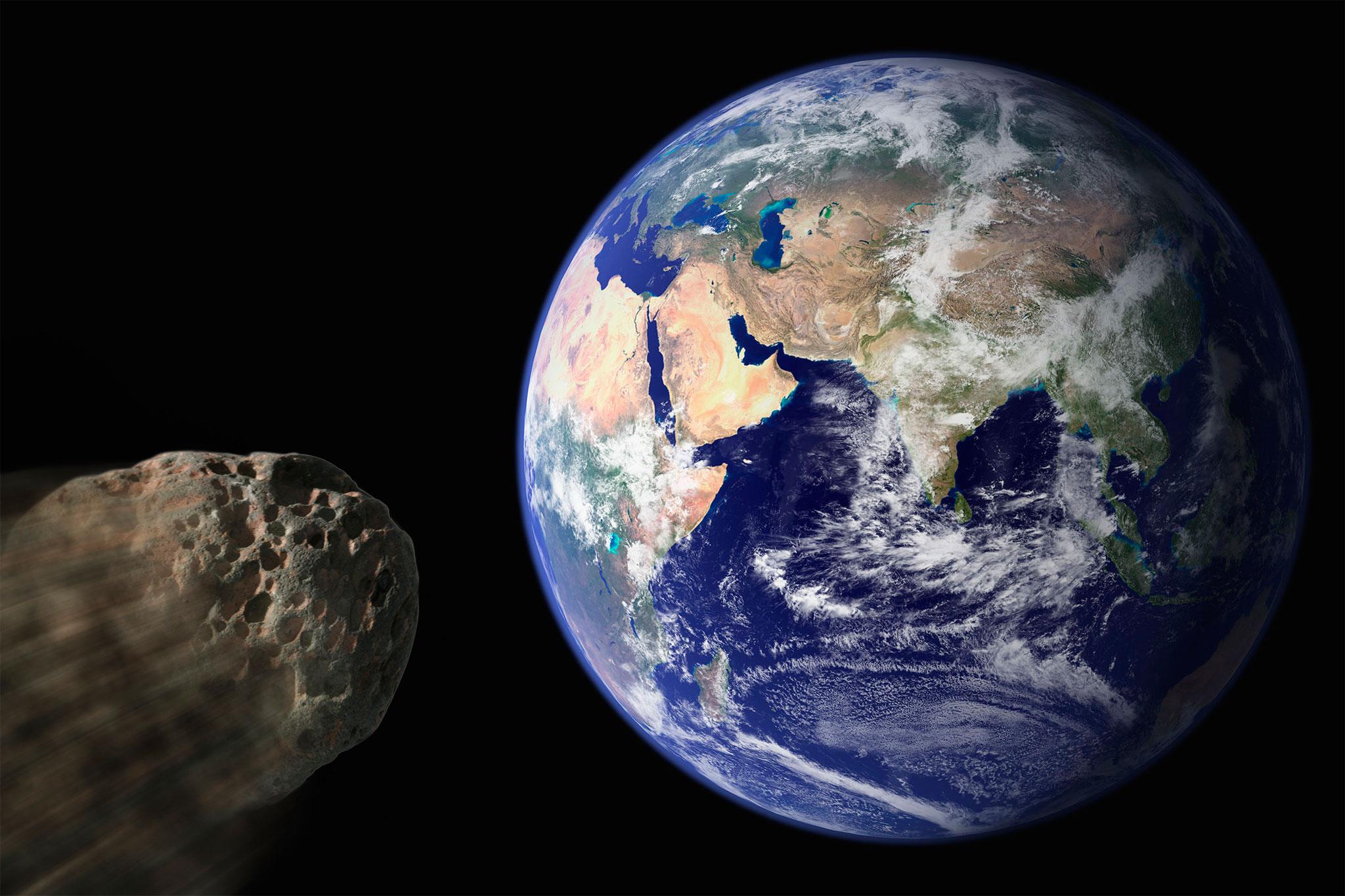Earth could be at risk of meteor impacts and we might wrongly have assumed we are in a safe era, scientists warn
Humans have presumed that they are in a safe part of the ‘cosmic cycle of death and destruction’, scientists warn, but that might be wrong

Earth could be in danger as our galaxy throws out comets that could hurtle towards us and wipe us out, scientists have warned.
Scientists have previously presumed that we are in a relatively safe period for meteor impacts, which are linked with the journey of our sun and its planets, including Earth, through the Milky Way. But some orbits might be more upset than we know, and there is evidence of recent activity, which could mean that we are passing through another meteor shower.
Showers of meteors periodically pass through the area where the Earth is, as gravitational disturbances upset the Oort Cloud, which is a shell of icy objects on the edge of the solar system. They happen on a 26-million year cycle, scientists have said, which coincide with mass extinctions over the last 260-million years.
The most recent shower happened 11 million years ago. But that doesn’t mean that the Earth is safe, according to a new study.
"There is evidence that the comet activity has been high for the last one to two million years, and some comet orbits are perturbed, so we may be in a shower at the present time,” said geologist Michael Rampino.
Professor Rampino from New York University worked with the Carnegie Institute’s Ken Caldeira to carry out an estimate of when meteor impacts and extinctions happened.
That included a study of the asteroid that hit the Earth 65-million years ago and is thought to have killed off the dinosaurs. Five of the six largest impacts brought a mass extinction, the scientists report in the journal Monthly Notices of the Royal Astronomical Society.
"The correlation between the formation of these impacts and extinction events over the past 260 million years is striking and suggests a cause-and-effect relationship," Professor Rampino said. “This cosmic cycle of death and destruction has without a doubt affected the history of life on our planet."
Join our commenting forum
Join thought-provoking conversations, follow other Independent readers and see their replies
Comments
Bookmark popover
Removed from bookmarks